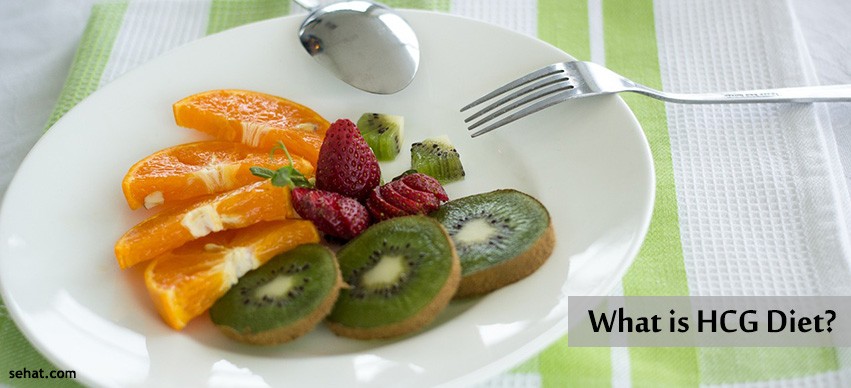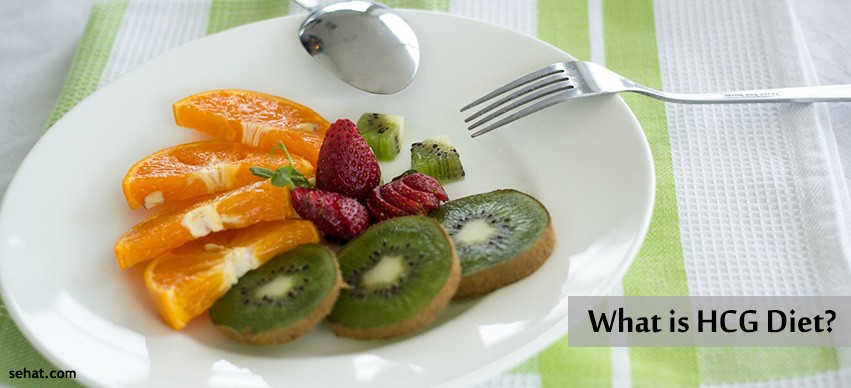How Communities Are Changing the Way We Think About Aging in..
8 Min Read


What if you were told that you could lose weight dramatically without causing any harm to your body? You will surely sit up and take note of this method. The good news is that it is possible with the HCG diet. Today, it is considered to be one of the best diets for significant weight loss and that too without harming or damaging your health.
HCG or human chorionic gonadotrophin is a hormone that is found in pregnant women. This hormone supports the body of a pregnant woman to burn fat, which when broken down is used to nourish the baby in the womb.
Furthermore, HCG is also a pro-hormone that assists the body to make other hormones. It has been observed that many times weight gain is due to hormone deficiency.
Coming to the HCG diet. This diet advocates consuming extremely low-calorie diet and the HCG that you take helps to re-set your metabolism to facilitate weight loss and you also do not feel weak or hungry. While researchers do not know the actual mechanism by which the HCG diet helps to facilitate significant weight loss, there is anecdotal evidence to show the diet actually works.
The diet works on several different levels. It ensures you do not feel hungry, so you can stick to the extremely low calories; it does not have an adverse effect on your energy levels and it works on a hormonal level. The diet has a positive effect on the hypothalamus, which is the master gland regulating all hormonal activities of the body. It helps to get rid of the hormonal weight that you are carrying on your tummy and thighs.
With the help of the diet, you can easily lose up to one pound a day and over the course of the 8 weeks, you find your figure transforming. In addition, you will break your poor eating habits to welcome a healthy future.
The diet compromises of three phases and you should follow these phases implicitly to see the desired results.
Your HCG diet will allow you to eat two meals a day. These will be lunch and dinner. For each meal you can have one protein, one vegetable, one fruit and one piece of bread. Your protein, in the form of veal, chicken breast, white fish, shrimp, lobster or beef, should not have any visible fat and you should broil or grill it.
You can consume vegetables, such as chard, beet green, green salad, celery, tomatoes, onions, cucumbers, cabbage, asparagus and red radish.
Fruits that you can eat include an orange, a handful of strawberries, half a grapefruit or one apple. You can drink as much water, tea or coffee you want, but do not have more than one tablespoon of milk in a day. Also, you cannot consume sugar or sweetened drinks, but can have sugar substitutes.
The bread should be in the form of a single Melba toast or breadstick.
While the diet can look ominous, coupled with HCG injections, you can rest assured that you will see significant weight loss. So, if you are still skeptical about the HCG diet, you needn’t be, as it is the best diet you will ever find without causing any harm to your body.